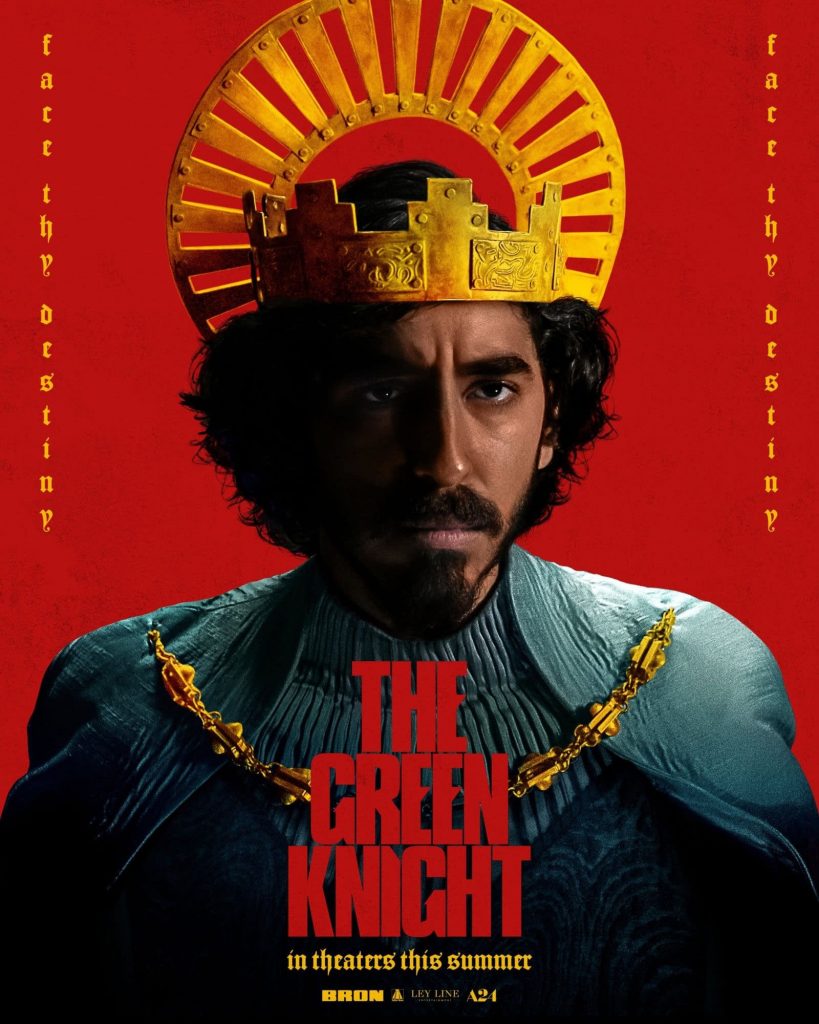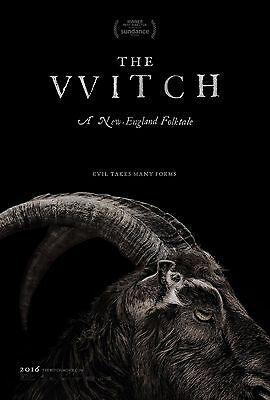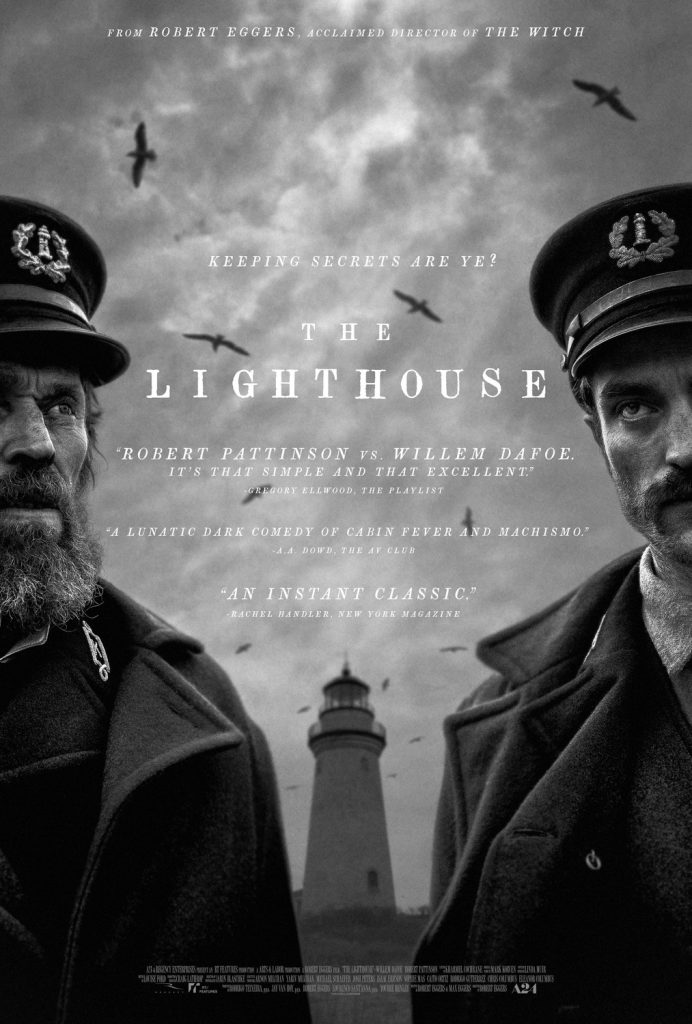In July, uber-cool film studio A24 released The Green Knight in theatres, but with the new school year starting and sweater weather approaching, I feel there’s no better time to delve into an old Arthurian legend than autumn (except maybe Christmas, when the story takes place). If you haven’t seen the film, it is an adaptation of an anonymously-penned chivalric romance from Medieval England about Sir Gawain (one the famed Knights of the Round Table). And if you have seen the film, you’re probably like, “what in the world did I just watch?”
Arthurian legends in media are in no short supply. We all at least vaguely know the names King Arthur, Guinevere, Lancelot, and Excalibur, right? You might have seen Disney’s The Sword in the Stone as a child (featuring, iconically, a Converse-wearing Merlin), or maybe the old parody staple, Monty Python and the Holy Grail (“Strange women lying in ponds distributing swords is no basis for a system of government”). More recently, there was BBC’s Merlin, in which the titular wizard is a young man when he befriends the weirdly jock-like Arthur (cue shipping). Historically, the old tales have been interpreted in countless paintings as well (you might recognize this one especially, of Elaine of Astolat, harboring an unrequited love for Lancelot). No matter the version, they’re always recognizable as being Arthurian. The departure from that recognition, from the usual tropes, names, and places, is what makes The Green Knight such a bizarre, and modern, take.
In this new film, wintry Camelot is a cold, barren, wind-swept town full of drunken peasants—with whom Gawain cavorts enthusiastically. He’s not the gallant, honourable figure we’d expect from a chivalric tale; though a grown man, he’s called “boy” by everyone, and by his own admission, he has no story yet to tell (this major change from the source text, in which he’s already a full-fledged knight, was done purposely to give the meandering story a more linear focus). But more than that, he’s just not knightly. As one excellent Tumblr post puts it, “Gawain is the best main character in the world. Stupid as shit. Not a single good or even decent decision in sight. Absolute train wreck of a man.” As another review puts it, “There’s never much fear for the reader of the original text that Gawain’s going to falter; but in the film, we’re almost sure he will.” He stumbles around the countryside in his fabulous yellow cape, getting duped by vagrants, getting chastised by a ghost, eating random mushrooms he finds in a cave (which might explain some of the more surreal elements of the film—but perhaps not)—he’s a whole mess. His saving grace is that he’s played by Dev Patel at his most beautiful, an insanely likeable actor who makes Gawain’s idiocy almost charming (a dangerous drinking game: shots every time someone caresses his face).
The Green Knight isn’t interested in being prestigiously Arthurian. King Arthur is present, but unnamed. He’s a frail figure, ailing from his years like a man, rather than a legend. Morgan le Fay is involved, but you’d have to know the old story to recognize her. And there’s a moment of unsheathing Excalibur that is given some heft, but it’s up to the audience to put it together. It is, in short, not at all what we expect from this sort of tale. As a self-proclaimed A24 fangirl, it immediately called to mind two of their other films that subvert traditional historical narratives: The Witch and The Lighthouse, both directed by Robert Eggers.
I am forever grateful that I did not see The Witch in theatres, because I don’t think I would have understood a single word besides “thee” and “thou”. Normally, historical fiction takes some liberties with language, because modern audiences need to understand it (for example, Sir Gawain and the Green Knight starts “siþen þe sege and þe assaut watz sesed at troye”). But Eggers based the film’s script on real-life journal entries from 17th century New England, resulting in poetic but borderline indecipherable dialogue that requires subtitles to parse. The setting is understood to be Salem-adjacent, owing to the New England landscape, the time period, and the familiar Puritanical paranoia (to quote a Simpsons Halloween episode, “Let us throw open the floor to, uh, wild accusations”). But it’s not quite a horror movie, and not quite about a witch. It can be digested as a tale of female empowerment. According to Eggers, “it’s clear that in the early modern period, the evil witch [represents] men’s fears and ambivalence and fantasies about female power”. The titular witch, then, isn’t a figure of horror, but one of freedom. When Black Phillip (universally adored, by the way) asks, “Woulds’t thou like to live deliciously?” it’s an emphatic yes from the audience.
The Lighthouse is even weirder, and resists easy interpretation. As Eggers describes, “Prometheus and Proteus never hung out in any Greek myths before, but that seems to be what is kind of happening here”. It’s essentially a reworking of Greek mythology interpreted through old New England maritime iconography, with a little The Shining isolation-induced-madness thrown in. Whew! Eggers again based the dialogue on historical texts, which again renders subtitles necessary (to reference The Simpsons once more, Willem Defoe sounds like the Sea Captain reciting poetry—“Why’d ya spill yer beans?”). Like The Green Knight and The Witch, The Lighthouse is an exercise in atmosphere. Lighthouses are primed for spookiness already; fans of supernatural mystery might be aware of the Flannan Isles disappearances, for instance. Here, that inherent eeriness is exploited further as the only two characters appear to lose their grips on reality as the film proceeds. Eggers again gives us a surreal, psychological experiment in the guise of historical horror, twisting well-established tropes into something unsettlingly unfamiliar: what’s the deal with that mermaid? Is Robert Pattinson just crazy? Is Willem Defoe, like, in love with the light? It’s all very strange, and the strangeness makes for uneasy viewing. And the suffocating, unusual 4:3 aspect ratio doesn’t help.
Lastly, I can’t let you go without a book recommendation, can I? Susanna Clarke’s Piranesi just took home the 2021 Women’s prize for fiction. If you like mind-bending, pseudo-historical fantasy that’s not quite what it seems, I can’t recommend it enough! Have you gotten a chance to see any of the above films? What are some of your favourite twists on old tales? Let us know in the comments!



“Status of relationship: Friends; Arthur is deceased” from the Merthur ship page made me laugh more than it probably should’ve, but also Merlin deserved so much better than Arthur, I think we can all agree! (Along with several other plot points/decisions that you’ve heard me join in ranting about more than once – what a show. But I still contemplate rewatching it every once in a while.) Gawain was probably one of my favourite characters in Merlin and from what I remember, HE DESERVED BETTER. (Is this a theme in BBC Merlin? “They deserved better”? Probably.)
I think by now I’ve pretty much missed my chance of getting to see The Green Knight in theatres, but I can’t wait for it to be released on DVD! Especially if it reminded you of The Witch. I watched that one in theatres and remember several people walking out at various points in the movie, which I’ve never seen happen before – ever – but it was well worth staying to the end and experiencing Black Phillip. Interestingly, I don’t actually remember whether there were subtitles (I doubt it, considering it’s technically in English), but I think I ended up being able to follow along after the first few grueling minutes or scenes of quietly spoken dialogue. The Lighthouse is on my list of movies to watch as well, and that description just moved it up the list: Prometheus and Proteus chilling out, possibly slowly spiraling into madness? Sign me up!
Karen this comment made me LAUGH. I knew I could bait you with the Merthur shipping. I only watched a bit of the show, truthfully, so I don’t remember much, but I do remember Gawain having an amazing head of hair (which seems to be a theme with this character…?)
Seconding The Witch if only for Black Phillip. An icon, a star, a king. He deserves the acclaim. And if you get a chance to watch The Lighthouse, I think you’ll like it! It’s so unique. It’s an experience for sure.